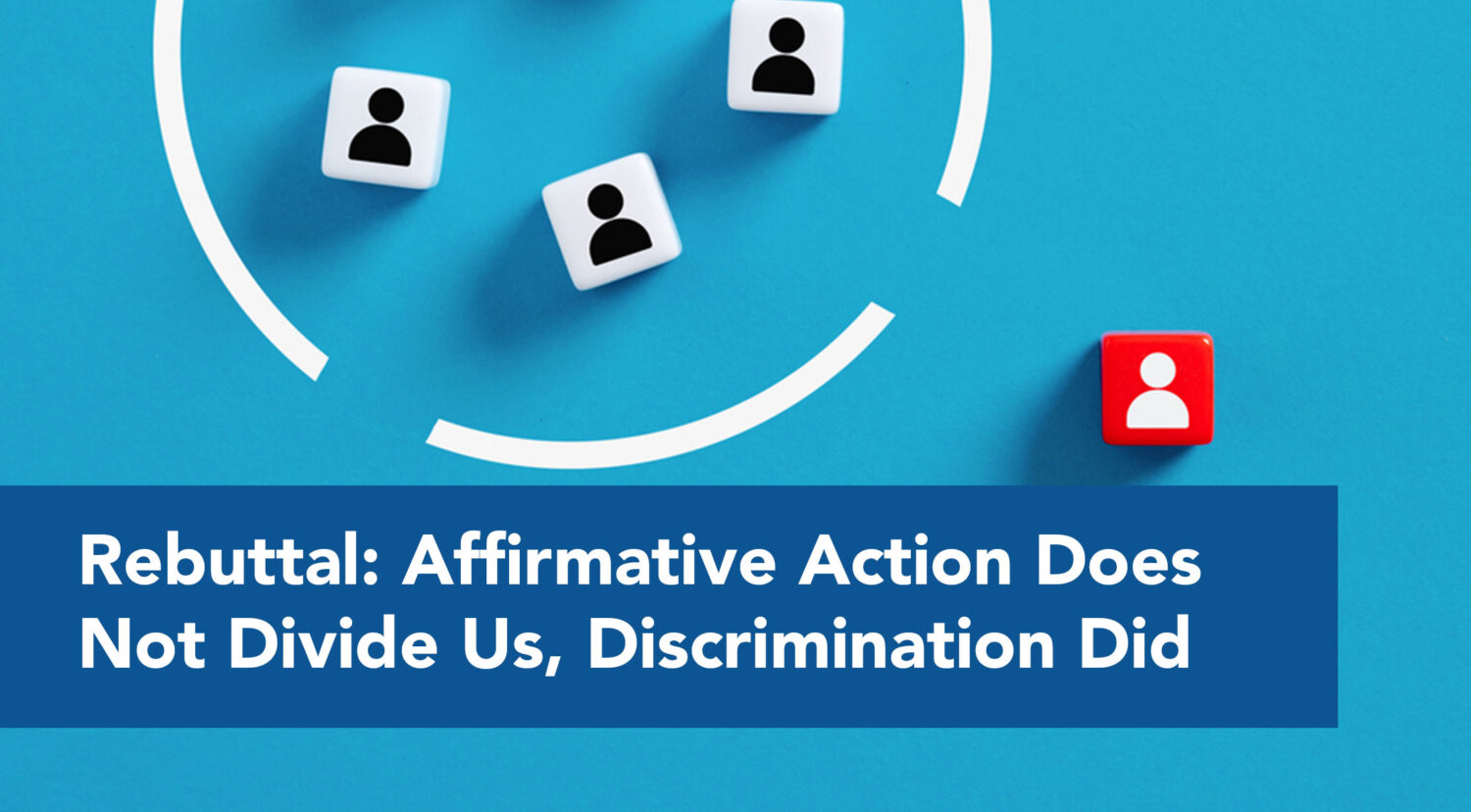The OFCCP often projects a larger than life presence in the consciousness of many federal contractors. How can it not? For FY 2016, the OFCCP had an annual operating budget of just over $105 million and was authorized 615 full-time equivalent staff positions. While its staffing decreased from 755 authorized FTE positions in FY 2015 (an almost 19-percent decrease) its budget increased by about a half a million dollars. With its impressive budget and significant FTE authorization, with so many big-payout settlements of discrimination cases, with so many new regulations and data collection requirements, with seemingly so much stepped-up enforcement activities, it must really be making great strides in eradicating discriminatory hiring and employment practices by federal contractors. Not so, according to the General Accounting Office (GAO). The House of Representatives Committee on Education and the Workforce, and its Subcommittee on Workforce Protections requested the GAO to review the OFCCP’s performance. To say the least, those reviews were less than stellar. Since we assume this topic to be of great interest to our readers, we will devote the next few weeks to a series on the GAO’s findings, its recommendations, and, of course, we will also include our own recommended Best Practices. First, however, let’s get some background.
You may be aware that whereas the OFCCP’s activities aimed at ensuring non-discrimination have included outreach and compliance assistance (with AA laws and regulations) it chose to refocus its efforts on enforcement as of 2011. So, in Dr. Phil language, “How’s that working out” for them? Not well, according to the GAO. In order to detect violations, the OFCCP relies heavily upon Compliance Evaluations (aka “audits”). According to the GAO, the OFCCP conducts compliance evaluations on about 2 percent of all federal contractors, annually. Since 2010 about 78 percent of all evaluations found no violations, and about 2 percent indicated discriminatory practices. Wouldn’t that just mean that contractors are doing a great job of complying with affirmative action laws and regulations? Not if the OFCCP’s means and methods are flawed – which, they are, according to the GAO. More on that in a moment.
The OFCCP’s two approaches to ensure compliance with federal EEO and Affirmative Action requirements are enforcement and compliance assistance. We have already established however, that the bulk of the OFCCP’s emphasis since 2011 has been on enforcement, primarily by conducting Compliance Evaluations, which it in turn carries out primarily by using compliance officers to evaluate contractors. The OFCCP selects which contractors to review and then reviews those contractors’ hiring, promotion, compensation, termination and other employment practices, including recordkeeping. The evaluation may occur at the contractor’s facility which produces the goods or services. The facility can be a factory, office or store.
How does the OFCCP determine who it selects for review? In general it uses federal and commercial databases, along with “other factors”. Regional and district office staffing levels establish the basis for determining total number of contractors reviewed each year within the jurisdiction of the particular regional office. Moreover, based on the location of the establishment(s) to be reviewed, the local district office receives the scheduling list of contractors located in its jurisdiction. From there, several facially neutral factors, such as alphabetical order, employee count, contract value, contract expiration date, among other factors, determine further allocation or sorting. Many of you are aware of this process. We include it here, because the GAO raises concern about the selection process, which we will discuss momentarily.
One more general point about the OFCCP’s enforcement efforts: whereas through 2010 the OFCCP’s Compliance Evaluation process had been known as Active Case Management (ACM) the OFCCP changed its process to one of Active Case Enforcement (ACE). Why and what’s the difference? Perhaps we can best find that answer in the OFCCP’s own directive outlining ACE procedures. According to the OFCCP, ACM proved to be of “limited utility” because it could not effectively use all of its investigating tools, such as offsite review of records. The OFCCP therefore implemented the ACE process, which requires more comprehensive evaluations of each selective contractor. Presumably, the ACE model allows for a more proactive, if not aggressive approach. The ACE process includes, without limitation, ascertaining the presence of indicators of discrimination or violations that warrant an onsite investigation. Indicators might include patterns of individual and/or systemic discrimination, patterns of major technical violations such as recordkeeping deficiencies and failure to maintain an AAP, in addition to statistical and anecdotal evidence of discrimination. (Item: In 2015, close to 85% of evaluated contractors did not submit their AAP within 30 days of the OFCCP’s request and, in some cases, received extensions).
The GAO concluded that significant weaknesses in the OFCCP’s enforcement efforts render the OFCCP unable to truly assess the extent of federal contractor compliance. With the budget and staff devoted to objectives that the Obama Administration has identified as a high priority, how can that be? What are those weaknesses? The GAO, in its report identifies five key weaknesses. We will list them here:
- Weakness in OFCCP’s process for selecting contractors for Compliance Evaluations makes it challenging to know the extent to which Equal Opportunity Requirements are followed;
- OFCCP Relies on Voluntary Compliance with Requirements;
- OFCCP’s Compliance Evaluation Assignment Process May Result in Geographic Imbalances;
- Reported Inconsistencies in Compliance Evaluations May Be Exacerbated by Lack of Training;
- Most Violations Are Resolved Through Conciliation
We’ll start with the analysis of the first deficiency, weaknesses in the selection process, and, over the next few weeks, address the others.
For more information, contact Ahmed Younies at 714-426-2918, x1 or [email protected].





